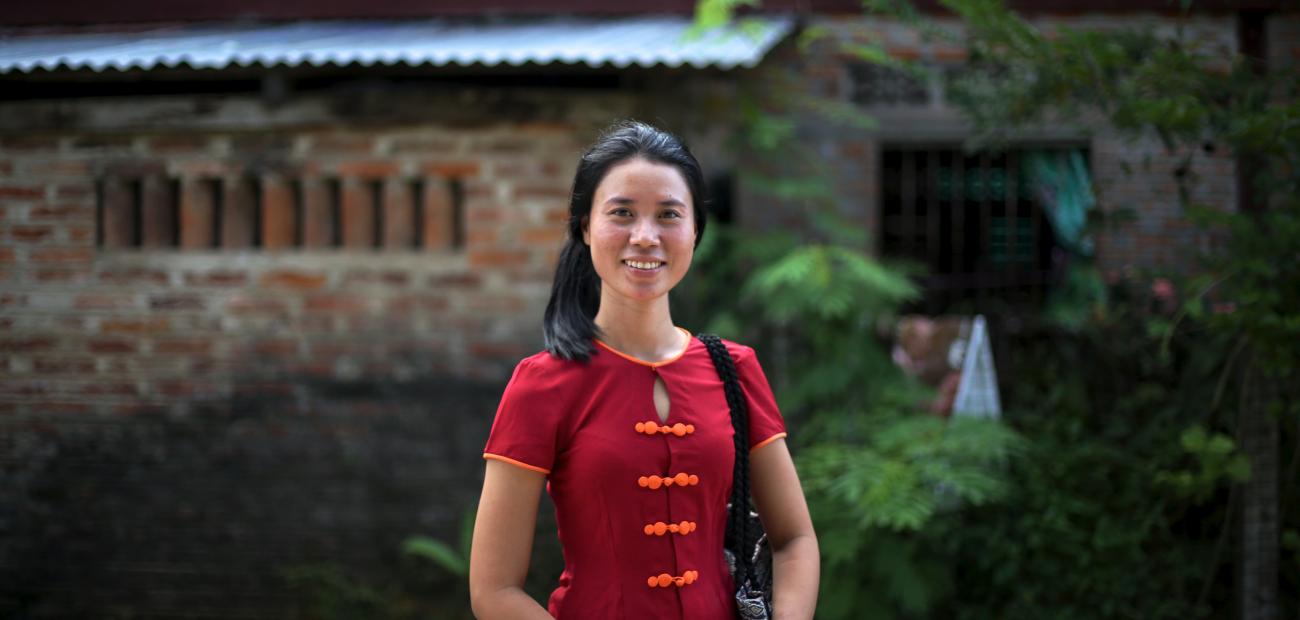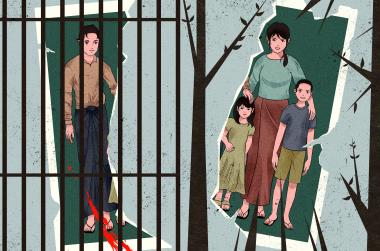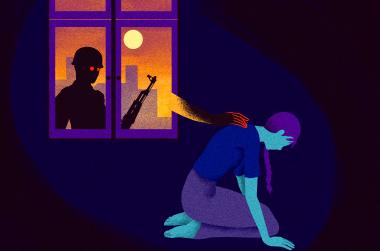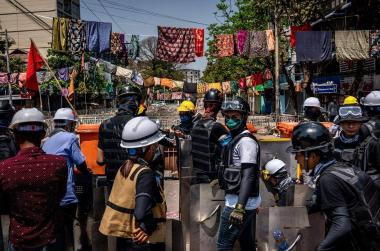Concealed within the anonymous bare concrete walls of the Dawei safe house for abused and frightened women, Lwin Lwin Aye shrugs off her quiet demeanour and begins to talk with passion about those who come here to escape violence, the weight of inequality in Myanmar and her rebellion against the demands of her own family.
Despite having its first woman leader, Aung San Suu Kyi, Myanmar remains deeply patriarchal. There is a preference for sons over daughters and a widely-held belief that men have special powers that can be compromised by even something as simple as having their laundry washed together with women’s clothes.
The UN has said violence against women is a “silent emergency” in Myanmar. While it is one of the few countries in the region where there are no national figures for the scale of the problem, a study in centres for women and girls in conflict-affected areas showed that 70 percent had experienced domestic violence.
There are laws to regulate who women marry and when they can have children — but none protecting them against violence.
Blazing with a sense of injustice, Lwin Lwin Aye has become a key advocate for victims of abuse in Dawei — one of the few Myanmar regions where dowry payments are still a common way to lock girls into marriage.
In the first year after it was opened by the Dawei Women’s Union, the safe house provided shelter for some ten women and girls fleeing domestic violence, trafficking and rape.
Inside, the living room’s rough-hewn austerity has been gently undermined by a few scattered possessions; colourful clothes hanging from a washing line, a plastic tub of assorted cosmetics, a small guitar propped in one corner.
Light seeps in through the bars of a robust metal grill that covers the door, refracting the daily currents of the quiet suburban street.
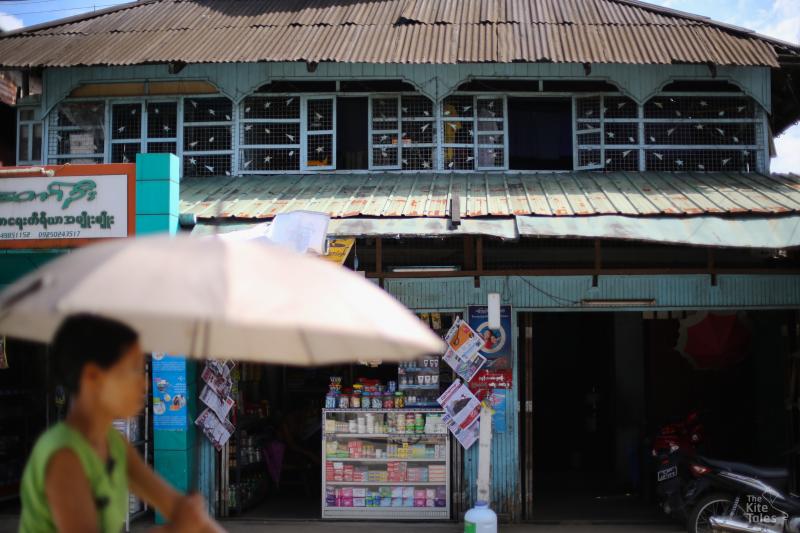
It was a chance encounter that spurred Lwin Lwin Aye to become a rights activist at the age of 21 — a path that many still consider unbefitting of a young woman.
She had originally dreamt of becoming a lawyer, but that met with parental disapproval.
“My mother wouldn’t allow it. She said I wouldn’t be able to become a teacher if I study law,” she says, explaining that teaching was one of the few professions deemed acceptable by her family.
But Lwin Lwin Aye had other ideas. After graduating -- in history -- in 2014, she joined protests against a planned local oil refinery and volunteered for a rights forum run by the Dawei Women’s Union, a network that has been working on gender equality since the late 1990s. Set up on the Thai border during the junta years, when the military viewed any kind of activism as a threat to its rule, the Union opened its first Myanmar office in 2011 as the country started to reform.
“(The women there) were so smart and sharp. I was so inspired,” Lwin Lwin Aye says.
But her family was afraid. Activists were routinely subjected to long jail terms — or worse — under the military regime and even under Suu Kyi’s new civilian government, campaigners have few legal protections.
“My mother said: ‘You’re getting into a mess. This is politics. You can’t do it. You’re a girl.’”
Lwin Lwin Aye did it anyway. Soon she had volunteered as an intern for Dawei Women’s Union, leaving home for a six-month stay in the Thai town of Mae Sot. She has now been with the organisation for three years.
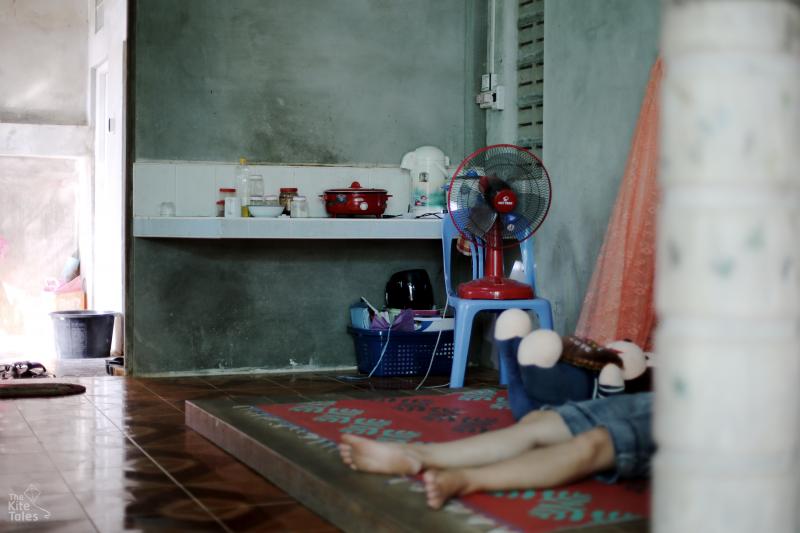
“I don’t want (people to) say 'you are a woman or a child, so you cannot do this or you cannot go there'. They should be given the opportunity to exercise their rights, separately from their parents, their brothers, the community,” she says.
“(In Myanmar) we have this saying: ‘You have to treat your husband as God and son as your master’. I don’t want that style. There should be equal division in terms of work, without discrimination, even in things like cooking.”
She says the dowry system puts a price on women, further entrenching inequality.
“For example, I’m a teacher and educated, so is it 15 million kyats ($11,000) or 10 million kyats? How much land does (my family) own? You calculate all this and then ask for the girl’s hand with an appropriate dowry. It’s more expensive if the woman doesn’t have a boyfriend, so you can’t event have a boyfriend.”
As part of her job, Lwin Lwin Aye goes to villages and towns across the district of Dawei to speak to women.
“They say a significant issue for them is domestic violence. It’s caused by economic difficulties, their husband’s drinking or drug use, or having too many children. When this happens, the women have to flee. If you talk back, they will hit you again. So it’s both mental and physical suffering.
“We have this culture that we should not interfere in fights between husbands and wives,” she says.
Some of the stories she hears have left a deep impact on her.
“I distinctly remember one time, (an older lady) came up and said, ‘I have a similar issue to share’. Theirs was a love marriage. But they fought because the husband wanted to force the woman to have sex with him and she didn’t want to do it. They had three sons, and the husband accused her of sleeping with her son. One day, he dragged her on to the road, lifted her sarong and whipped her with a branch of thorns.
“It must have hurt so much.”
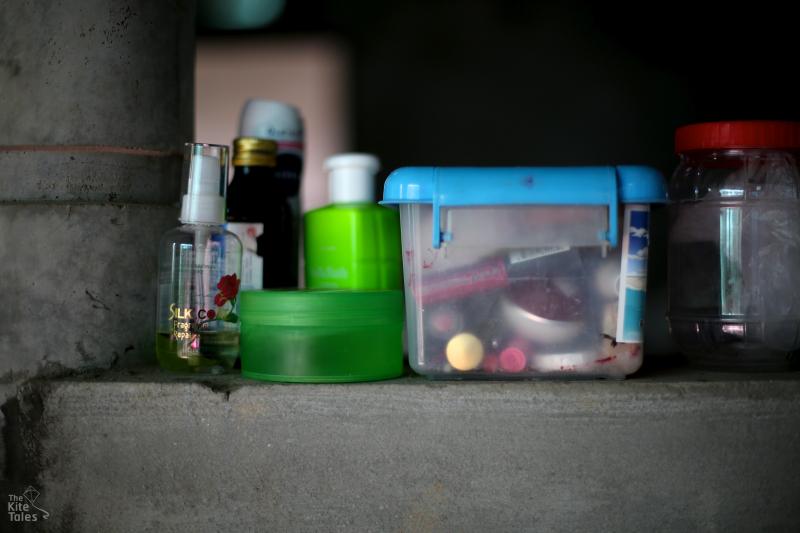
Apart from domestic violence, the Union provides support and legal help to victims of trafficking and rape, as well as helping runaways and young girls who get pregnant out of wedlock.
“This year, more people are aware of our organisation and we have more cases. I think they have greater trust in us now,” she says.
Before they set up the safe house in early 2016, women would sometimes seek shelter at their office in town. But this proved too much of a flashpoint, with people coming to the building to make threats.
“For underage victims of rape, we will keep them here for a while and support them to make sure they recover their old self, until their court cases are over,” Lwin Lwin Aye says, adding that some cases last months.
“They are asked to come to court again and again. It’s very hard on them. And most of the victims are poor and uneducated, or have learning difficulties.”
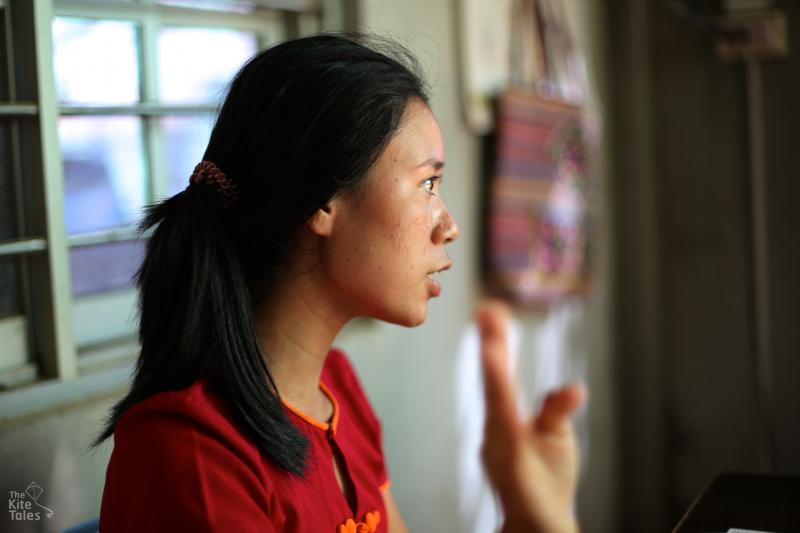
Her work has made her think a lot about her own family.
“My parents went to work in Thailand and left us with our grandparents. I was only 9 months old. So I never felt like I experienced my parents’ love fully. They would visit us every two years and finally came back when I was around 13.”
“We are seven siblings. My mother said only those who give birth to boys are noble because then you can become parents of a monk.
“There’s a big difference between kids who grew up in a happy family and those who grew up in a fractious family. In our family, my mother wants always to win against my father. I don’t want women to always win against men, and vice versa. I want both sides to get along.”
Her mother has begun to be reconciled to her work.
“Now she refers people to me. She says: ‘Go, go and talk to her. You can ask her for help’.”
And Lwin Lwin Aye said her most precious possession is the one dress her mother brought back from Thailand for her.
“I was so happy because she was back. I hugged her and cried. My mother bought so many dresses for my younger sister, but only one for me. It has a cream coloured top with a full-volume skirt. It was far too big for me, but I wore it through high school and university.
“I still have it. Whenever we have difficulties, I think about it and remember she loves me too.”
(Interviewed November 2016)

